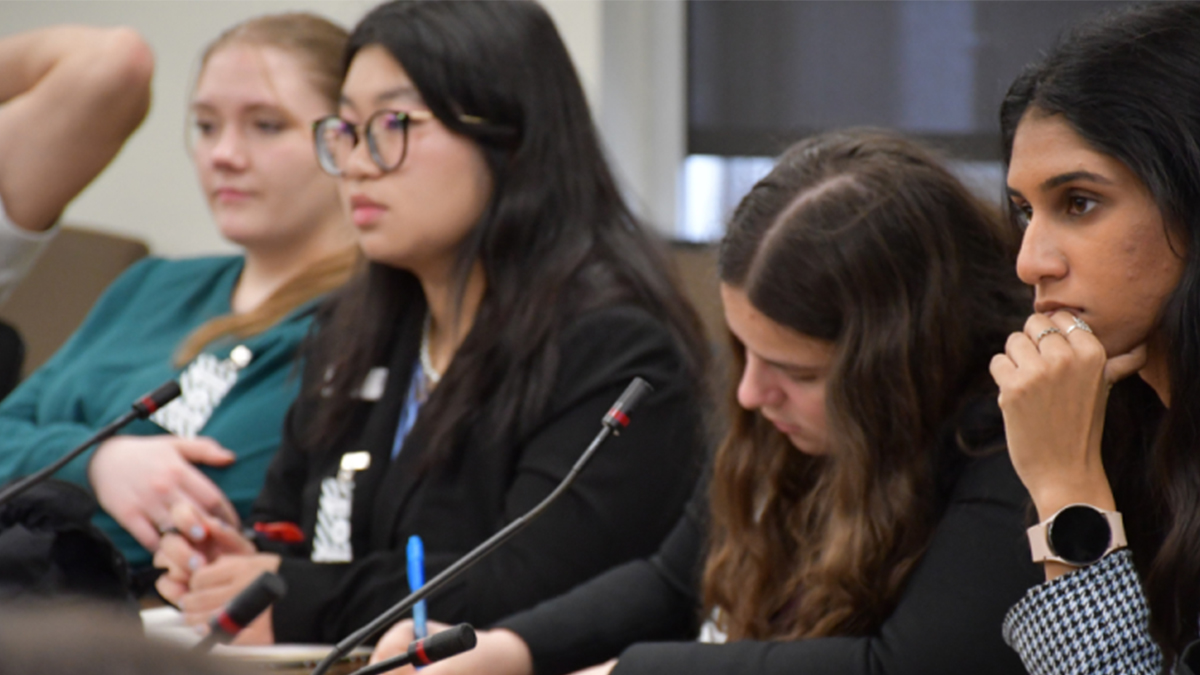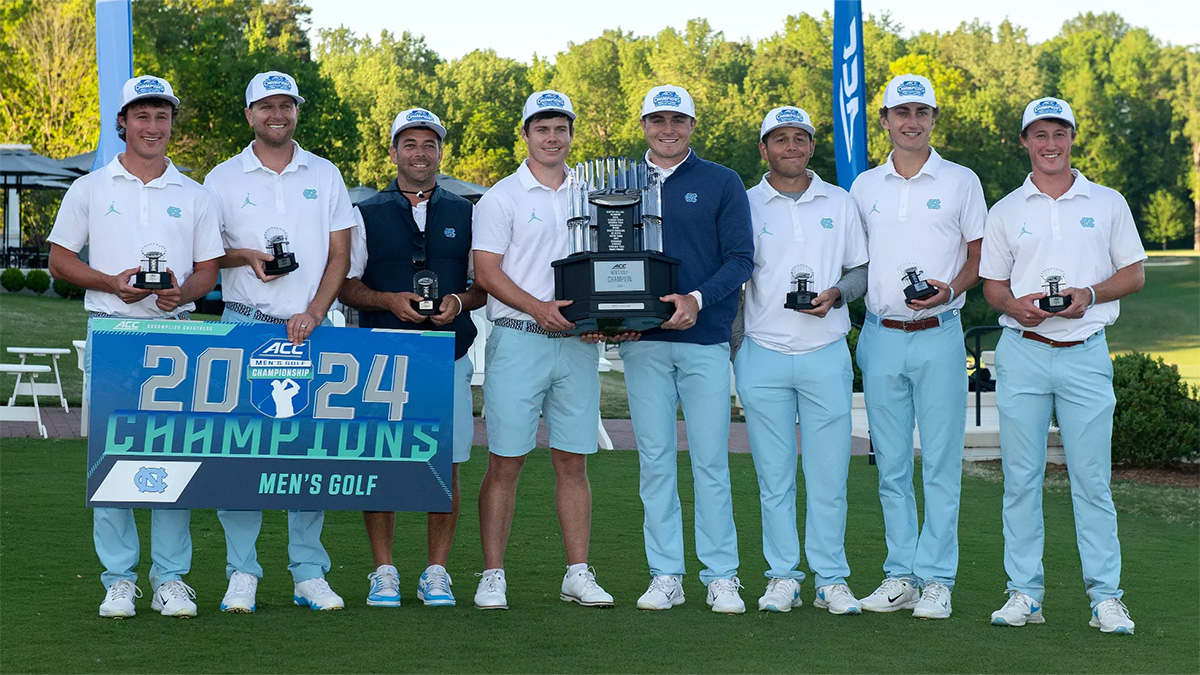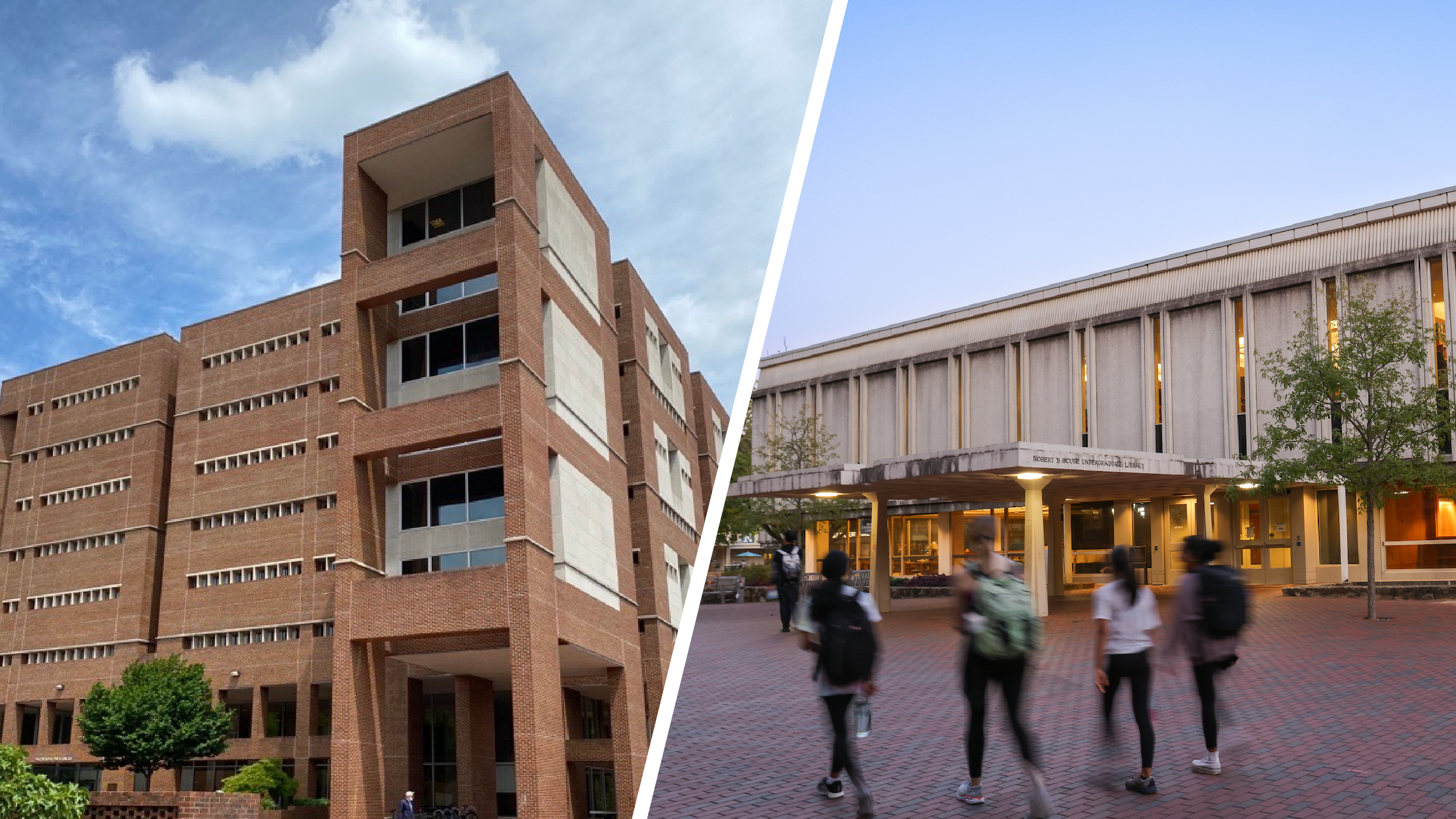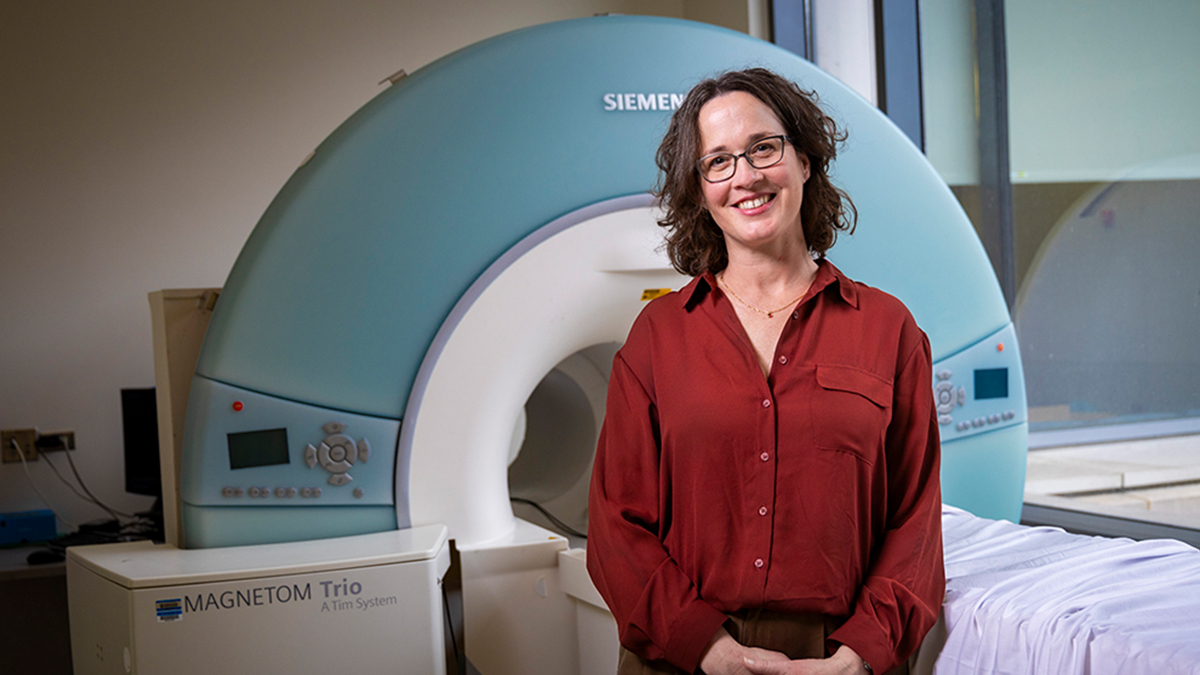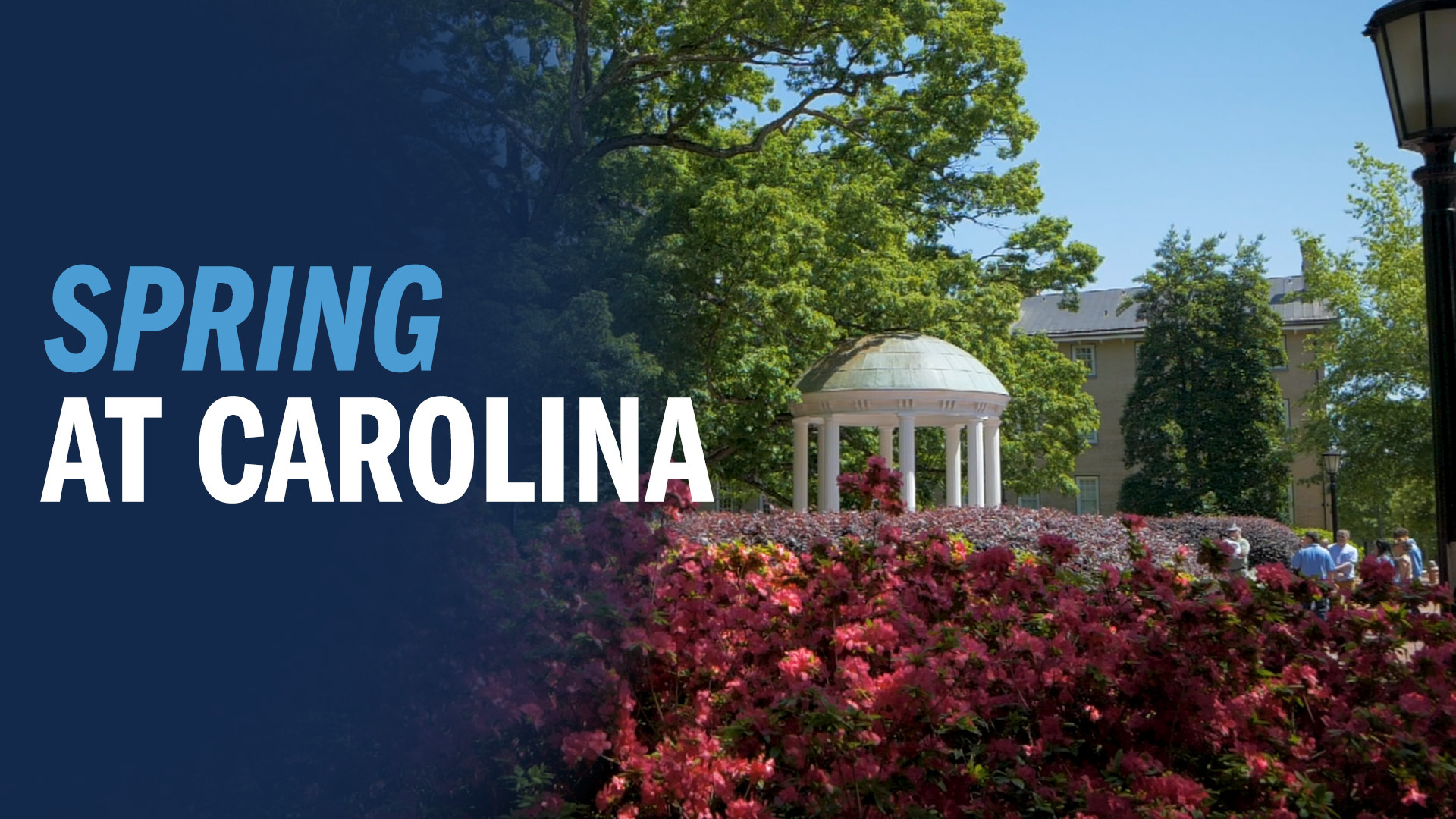Connect with Violence Prevention and Advocacy Services
VPAS staff explain prevention work and the confidential support provided to those impacted by violence and harassment.
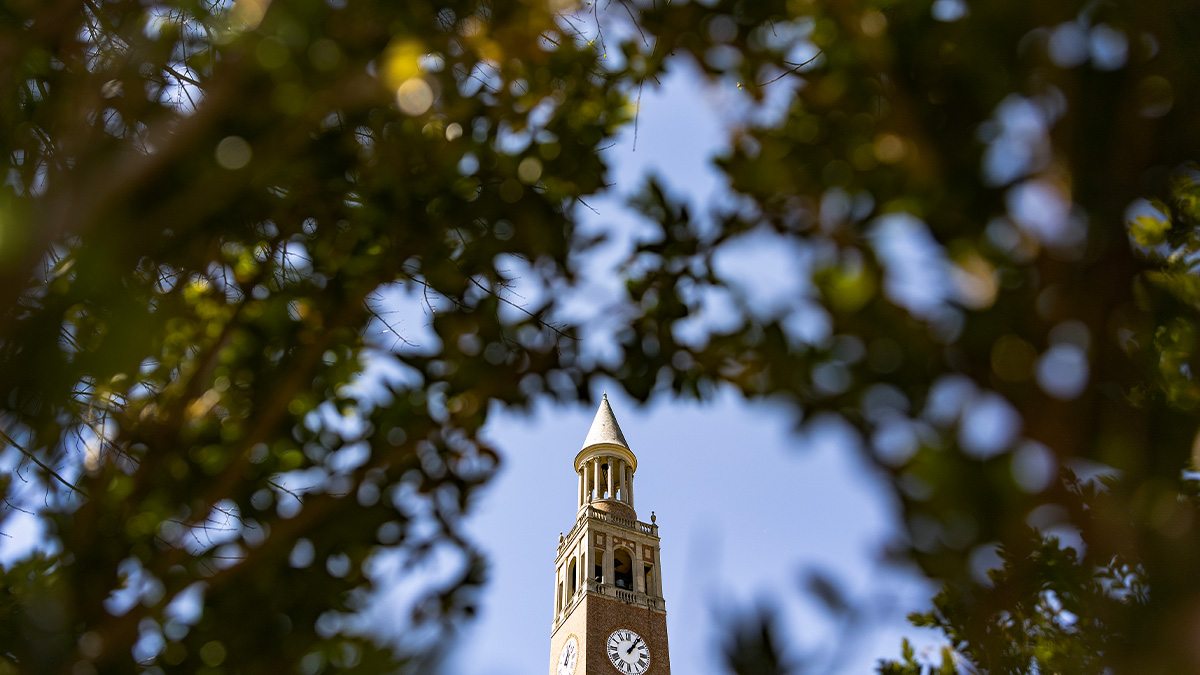
UNC-Chapel Hill’s Violence Prevention and Advocacy Services oversees University prevention and education initiatives related to gender-based violence and harassment. The office also provides confidential support for members of the Carolina community who have been impacted.
Since October is Relationship Violence Awareness Month (also known nationally as Domestic Violence Awareness Month), VPAS staff want campus to know more about the services they provide. Shelley Gist Kennedy, a violence prevention coordinator, and Holly Lovern, a gender violence services coordinator, answered a few questions about their office.
What is VPAS?
Kennedy: VPAS brings together campus-wide work on gender-based violence prevention and support. Our violence prevention coordinators work to create a safer UNC-Chapel Hill through education and awareness on topics such as consent, healthy relationships and bystander intervention. Our gender violence services coordinators provide confidential support and resources to those who have been impacted by gender-based violence and harassment. During the 2022-23 academic year, VPAS trained over 2,300 students, staff, faculty and community members.
Who are gender violence services coordinators?
Lovern: Also known as GVSCs, gender violence services coordinators provide free, confidential support for all University students and employees who have been impacted by sexual violence, interpersonal/relationship violence, stalking and sexual and gender-based harassment. They help members of our community identify options and resources, connect with support and assist in navigating their experiences while at Carolina.
When and how do I contact a GVSC?
Lovern: There’s no “right” time to reach out to us. Sometimes, people reach out immediately after experiencing violence or harassment, or they may connect weeks, months or years later. To connect with a GVSC, email gvsc@unc.edu or call 919-962-1343 to schedule a time to meet. We also host drop-in hours twice a month in the LGBTQ Center.
When we respond, we share more information about our confidentiality, services and coordinate schedules to find a time to meet. We meet with people via phone, Zoom or in-person and are available to meet Monday through Friday during University business hours.
How can a GVSC help me?
Lovern: The GVSCs support people who have been directly and indirectly affected by gender-based violence and harassment. We connect with people who have their own experiences as well as friends, loved ones, partners or colleagues supporting another person.
We offer emotional support in navigating experiences and their impact, help in understanding reporting options, referrals to campus and community resources, safety planning, accompaniment through reporting processes and court proceedings, and assistance in requesting support as it may relate to classes, workplaces and on-campus housing.
How do I navigate stigma associated with reaching out for services?
Lovern: Confidentiality of the GVSCs plays an important role in hopefully creating greater access for people to learn about options and support. We know these experiences affect members of our campus community and recognize they can impact so many areas of your life. We meet with students and employees from diverse identities, backgrounds and from all parts of campus. If someone is interested in meeting with us and has concerns about accessing our services, we encourage them to share those concerns with us so we can work through them together.
How can we support individuals impacted by interpersonal or relationship violence?
Lovern: People are more likely to disclose their experiences to people whom they know and trust. That’s why it’s so important for students and employees to be aware of resources, like the GVSCs, as they can often serve as a bridge and help someone get connected to support. If you’re interested in learning more about how to support others and help prevent relationship violence in our community, check out the trainings we offer at VPAS or join us for a RVAM event this month.



